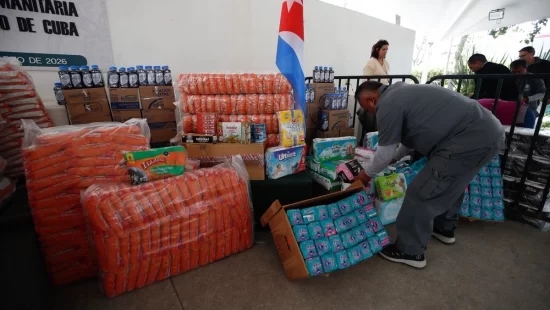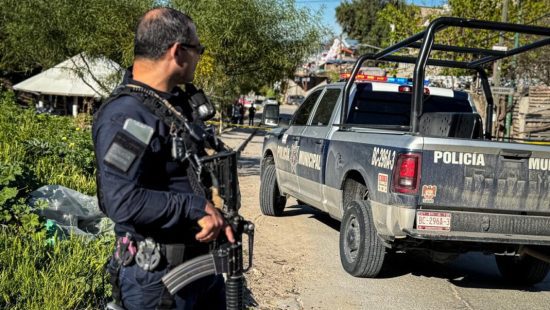“You know, I see my mother in these people. I see my grandfather,” and spoke “about the difficulty he has doing this job most days.”
The community’s reaction has been strong, vocal, and accusatory. Seeing many Latino federal agents arrest other Latinos is something that makes people uncomfortable, upset, and angry.
“Aren’t you ashamed of what you’re doing?” a Latino resident is seen confronting an ICE agent with Latino features. “Your mom and grandma must be ashamed.”
For many academics who have conducted hundreds of interviews with federal agents, this situation has a profound impact on them. Many have requested transfers or even early retirement.
In a July 3rd op-ed in USA Today, University of Notre Dame Assistant Professor of Political Science David Cortez, who has researched why Latino immigration officers join the ranks of Border Patrol and ICE in high numbers, urged those who do to look critically at the situation unfolding at the border. Throughout 2015, he observed and interviewed over a hundred ICE agents in California, Texas, and Arizona, focusing on Latino officers who had joined the agency. A quarter of the ICE agents he spoke with had previously been Border Patrol agents, he says.
According to Cortez’s research, Latino agents did, to some degree, identify closely with both the people seeking asylum at ports of entry and those crossing illegally, because of their shared heritage, language, and identity. But there were also limits to their empathy, as financial security and economic stability were more important to their livelihoods, he found.
Cortez has found that “a lot of these men and women are struggling daily to either rationalize what they do
Cortez has examined the relationship many of these Latino officers have with their jobs. Several enforcement agents have been compelled to reflect on their own families and personal histories. One agent in Arizona told Cortez, “You know, I see my mother in these people. I see my grandfather,” and spoke “about the difficulty he has doing this job most days.” Cortez says the agent added that the only thing that separates him from “these people” is circumstance.
Cortez has found that “a lot of these men and women are struggling daily to either rationalize what they do, or find ways to minimize the encounters they’ll have with people that they might feel some kind of connection to.”
What he has observed, through his interviews, is that several agents ask to be reassigned or moved to other departments that deal with “criminals,” seeking roles where the work feels more like going after “bad guys.” Others, he says, told him that all they could do was apologize to some of the detainees they interacted with and let them know there was nothing they could do to help.
The impact of the racial or social identity of law enforcement officers being similar to that of those they enforce has long been a studied topic in sociology. As Jennifer Gutsell, an assistant professor of psychology and neuroscience at Brandeis University, told Wired regarding mirroring and seeing oneself in others: “The more similar you perceive the target subject to be to yourself, the more empathy you feel.”
Here, it’s important to frame the narrative. Yes, they feel bad. They know they are harming the community they are part of. But… they feel it’s the job they have to do.








